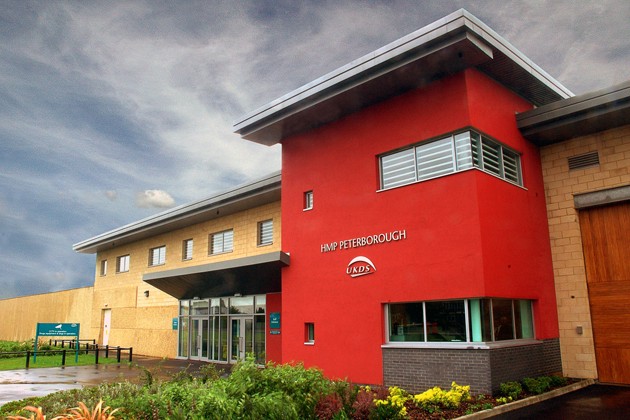By Dennis Price and David Bank
Fewer prisoners are returning to prison in Peterborough, England. That represents a success for the city, the ex-offenders, and the investors who backed the world’s first social impact bond, which financed a comprehensive post-release program.
Social impact bonds have so far generated more breathless expectation than actual capital. The success of the high-profile Peterborough experiment bolsters the case for such bonds, in which private investors finance the upfront costs of public services, to be repaid, with interest, only if those services deliver results. (Investors lost money on another social impact bond, to reduce recidivism at New York’s Riker’s Island, when results fell short of targets.) All told, 89 social impact bonds have raised $322 million in 19 countries to tackle social issues like homelessness, worker training, education and prison recidivism.
In Peterborough, the One Service program worked with two groups of 1,000 male prisoners to break the cycle of recidivism. An evaluation shows the program cut the reoffending rate of short-sentenced offenders in the city by 9% through 2015, exceeding the target of 7.5%. The 17 investors in the £5 million bond will be repaid, with a return of a little more than 3% per year. (The program was cut short after two, rather than three cohorts, when the government introduced mandatory supervision for all short-sentenced offenders.)
“The Peterborough social impact bond captured people’s imagination with the simple premise that it is possible to invest in interventions to tackle difficult social issues,” said David Hutchison, CEO of Social Finance UK, which developed the bond. “We have learned that impact investment can drive real change and harness communities and action to rethink how we resolve the challenges our societies face.”
In a blog post on Thursday, Tracy Palandjian, head of Social Finance US, said it will take another decade or more to know whether social impact bonds can change how the public sector solves social challenges. “We believe it can reorient the way governments allocate resources toward outcomes and that it can mobilize private capital to accelerate that transition.”
She added, “today’s news brings us one step closer to this goal.”











